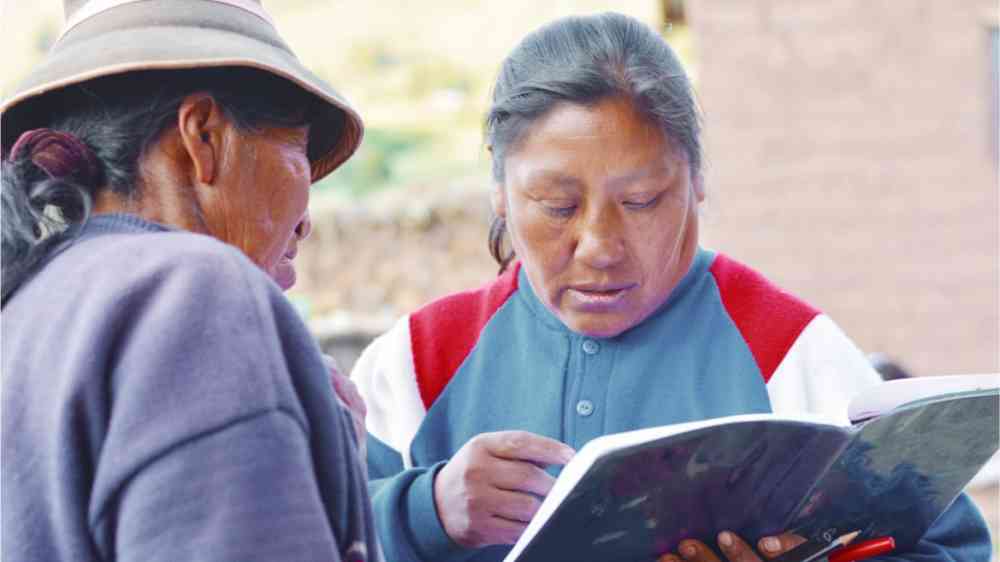Call for nominations to renew the Scientific Committee of the Integrated Research on Disaster Risk (IRDR) Programme – deadline: 15 January

The magnitude and impact of disasters on lives, livelihoods and ecosystems are on the rise, setting back hard-won development gains in many parts of the world. These impacts are reducing the ability of nations and communities to cope with future disruptions as new combinations of stressors, including changes in the climate, are occurring faster than projected. Natural and socio-natural hazards are interacting more frequently with technological and biological hazards, and the effects of environmental change is producing more complex risk patterns, including compounding and cascading impacts, creating the possibility of more disasters. These trends are exacerbating known risks, creating new ones or revealing submerged risks. Successful climate adaptation and many of the Sustainable Development Goals (SDGs) will be impossible to achieve without greater capabilities for disaster risk reduction being supported across multiple scales.
About the Integrated Research on Disaster Risk Programme
The mission of the Integrated Research on Disaster Risk (IRDR) programme is to mobilize science for the reduction of all types of disaster risk; building resilience and reducing vulnerability by integrating risk science with climate change adaptation and mitigation and sustainable development. IRDR aims to usher in an inclusive, safe and sustainable world by promoting a better understanding of disaster risk and the effective use of risk science in decision-making.
The objectives of IRDR are to
- improve knowledge and understanding of risk and uncertainty that hamper progress toward inclusive, safe and sustainable development;
- promote innovation in research and action, and explore effective solutions in DRR; and
- build institutional capacity required under various socio-economic and cultural settings and development contexts for risk-informed sustainable development.
Co-sponsored by the International Science Council (ISC) and the United Nations Office for Disaster Risk Reduction (UNDRR), and supported by ISC Member, the China Association of Science and Technology (CAST), the first ten-year phase of this programme was recently completed. The IRDR Phase II commenced in May 2023 at the Mid-term Meeting of ISC Members and will continue for ten years.
The IRDR Scientific Committee
In light of the start of IRDR Phase II, the ISC and UNDRR are seeking nominations for candidates interested to serve on the IRDR Scientific Committee (SC) to guide the programme and ensure that it is strategic, open, inclusive, productive and impactful through the entire period of implementation.
The SC’s main role is to
- develop the scientific agenda and priorities of the programme,
- provide scientific and policy guidance to the IRDR community and the IRDR International Programme Office (IPO) for the development and implementation of impactful activities and partnerships,
- and guide the engagement with the IRDR community of national committees, international centers of excellence, and young scientists as well as other relevant DRR networks.
The qualifications required to become a member of the committee include:
- Relevant expertise in the DRR domain with particular attention to representation from natural, social sciences, behavioural sciences, economics, health, engineering and technology
- Experience in fostering international interdisciplinary collaboration
- Experience working at the policy and practitioner interface (including with national and local governments, civil society, indigenous groups, etc.) for disaster risk management and reduction
👉 Please find more information on the duties and work modalities of IRDR Scientific Committee members in the Terms of Reference.
How to nominate
All ISC Members as well as other scientific organizations with expertise in disaster risk are eligible to submit nominations of experts for the IRDR Scientific Committee by 15 January 2024 via the online form. Candidates must be nominated by a representative (staff member, executive council member, office bearer or other official representative) of an eligible organization. Self-nominations are not accepted.
Should you have any questions, please do not hesitate to contact ISC Senior Science Officer Anne-Sophie Stevance ([email protected]).